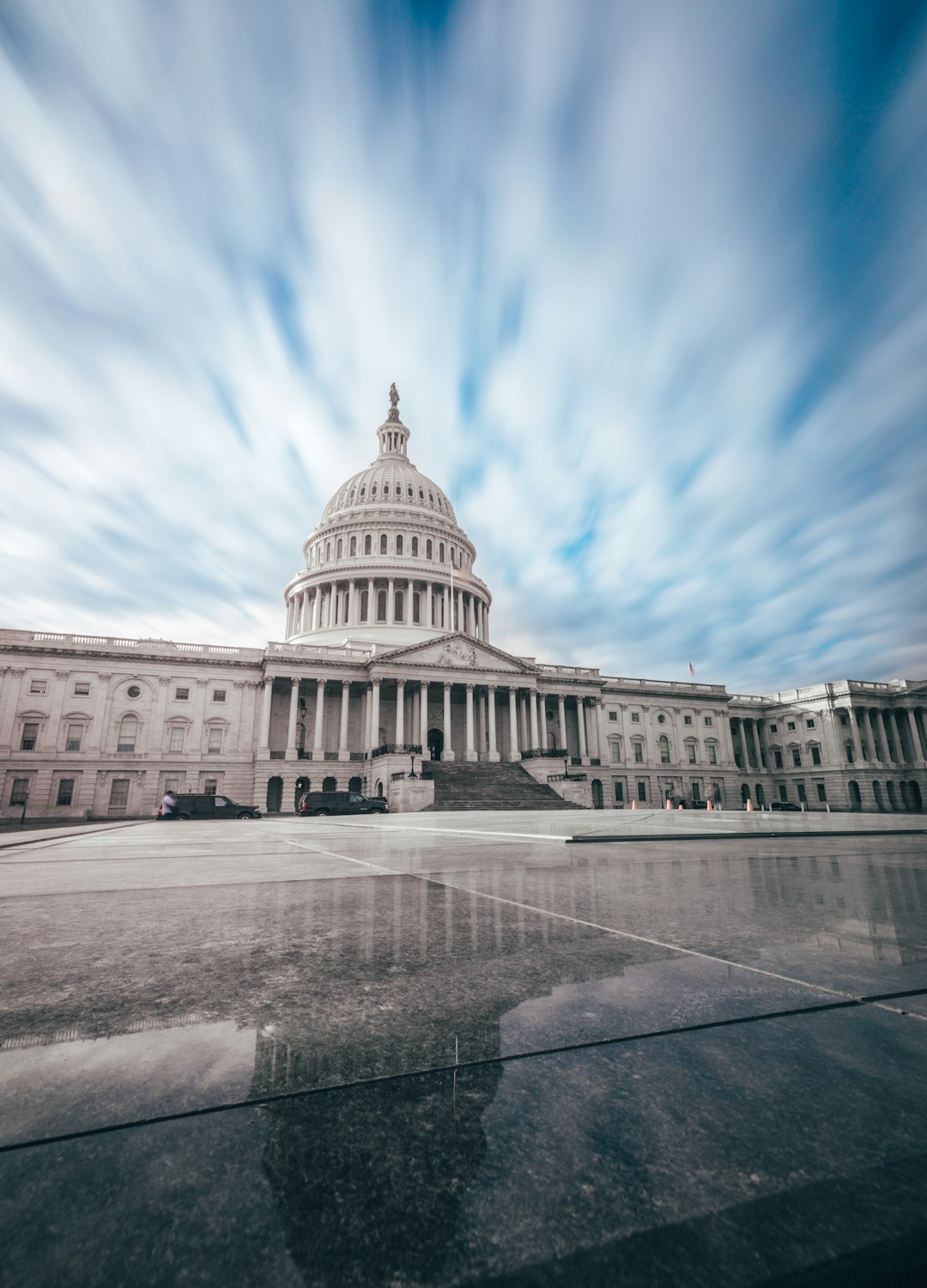Washington state has stringent laws against sexual misconduct in healthcare, with doctor lawyers playing a crucial role in holding doctors accountable. Patients have multiple reporting options, and consulting doctor lawyers specializing in medical malpractice is recommended for legal action. Key steps include understanding reporting channels, documenting incidents, and seeking advocacy group assistance. Doctor lawyers navigate complex legal landscapes, scrutinize evidence, and advocate for victims while protecting accused doctors' rights. Civil litigation can result in damages recovery within a two-year statute of limitations. Multi-faceted strategies involve education, workshops, clear policies, impartial investigations, institutional support, and transparent practices to ensure proactive accountability.
The issue of sexual misconduct within the medical community has garnered significant attention, especially with recent high-profile cases highlighting the need for improved accountability. In Washington, as across the nation, ensuring justice and healing for survivors is a pressing concern. The complexity of these matters requires meticulous navigation, particularly when involving powerful figures like doctors. This article delves into the intricate web of legal strategies to hold doctor lawyers in Washington accountable for their actions, exploring both the challenges and promising avenues for victims seeking redress. By examining current laws, case precedents, and expert insights, we aim to provide a comprehensive guide to fostering a culture of ethical practice and justice.
Understanding Washington's Laws Against Sexual Misconduct

Washington state has stringent laws in place to combat sexual misconduct, particularly within the medical profession. Doctor lawyers in Washington play a pivotal role in holding healthcare providers accountable for their actions. The state’s legal framework is designed to protect patients and ensure justice when faced with such sensitive issues.
The Washington Revised Code outlines specific regulations against sexual harassment and assault, including within healthcare settings. For instance, Chapter 49.60 pertains to employment discrimination and prohibits any form of sexual misconduct in the workplace. This legislation extends to doctors and medical facilities, making it clear that sexual advances or requests for favors are unacceptable. Furthermore, Washington’s laws offer a robust framework for reporting and investigating complaints, ensuring that victims have a means to seek redress.
A key aspect is the state’s recognition of the power imbalance often present in doctor-patient relationships. This dynamic is considered when determining liability, especially in cases involving sexual exploitation or abuse. Expert legal counsel specializing in these matters can guide patients through this complex process, advocating for their rights and ensuring proper procedures are followed. By understanding the applicable laws and seeking expert advice, victims can take proactive steps to hold doctors accountable, fostering a safer medical environment.
Reporting Allegations: Steps for Patients and Victims

In Washington, patients and victims of sexual misconduct by doctors have a right to justice and accountability. Reporting such allegations is a crucial step towards ensuring safety and preventing future harm. The process begins with understanding the appropriate channels for filing a complaint. Patients should be aware that they can report incidents to their local health department or law enforcement agency. Many hospitals in Washington also have dedicated departments or hotlines for handling such complaints, offering a confidential and supportive environment for victims to come forward.
When considering legal action against a doctor, it is advisable to consult with experienced doctor lawyers in Washington. These legal professionals specialize in medical malpractice and can provide guidance tailored to the unique circumstances of each case. They assist in navigating complex laws, regulations, and ethical considerations while helping victims understand their rights and options. For instance, a patient may choose to file a complaint with the Washington State Medical Discipline Board, which has the authority to investigate and discipline physicians for professional misconduct, including sexual harassment or assault.
Effective reporting requires clear and concise documentation of the incident(s). Patients are encouraged to maintain detailed records, such as dates, times, locations, and any relevant conversations or communications related to the misconduct. These documents can serve as crucial evidence during legal proceedings. Moreover, seeking support from advocacy groups specializing in medical abuse cases can provide victims with resources, emotional assistance, and guidance throughout the reporting process.
The Role of Doctor Lawyers in Washington for Accountability

In Washington, holding doctors accountable for sexual misconduct is a complex task that demands meticulous legal strategies. Doctor lawyers Washington play a pivotal role in navigating this intricate landscape, ensuring justice for victims while upholding the rights of healthcare professionals facing false allegations. Their expertise lies in understanding both the medical and legal aspects, enabling them to adeptly represent their clients against often sensitive and emotionally charged accusations.
These attorney specialists employ strategic tactics tailored to the unique dynamics of healthcare settings. They scrutinize evidence, challenge witness testimonies, and leverage relevant laws and regulations to protect their clients’ interests. For instance, doctor lawyers Washington may focus on distinguishing between consensual interactions and non-consensual acts, a critical distinction that can significantly impact the outcome of a case. Moreover, they stay abreast of judicial precedents and legislative changes related to sexual misconduct claims, ensuring their strategies remain current and effective.
A key challenge these attorneys face is balancing the need for accountability with preserving trust in the medical community. They advocate for robust prevention measures and education programs that address workplace culture issues within healthcare institutions. By promoting transparent reporting mechanisms and thorough investigations, doctor lawyers Washington contribute to a more accountable and supportive environment for all parties involved. For example, they may collaborate with legal and medical professionals to design protocols that facilitate swift resolutions while protecting the rights of both patients and practitioners.
Legal Recourse and Civil Litigation Process for Victims

In Washington, victims of sexual misconduct by doctors have legal recourse through civil litigation. This process involves filing a lawsuit against the healthcare provider and their institution, seeking compensation for damages incurred. Doctor lawyers in Washington play a crucial role in guiding victims through this complex process, ensuring they receive fair and just restitution. The first step is to gather evidence, which may include medical records, witness statements, and expert opinions to establish liability and demonstrate the impact of the misconduct.
Victims should promptly report the incident to appropriate authorities and seek immediate medical attention. The statute of limitations in Washington for civil lawsuits related to sexual misconduct is typically two years from the date of the incident, though it can vary based on specific circumstances. Doctor lawyers are instrumental in navigating these legal timelines, ensuring victims’ rights are protected. During litigation, doctor lawyers present a compelling case, challenging the defendant’s defense and advocating for their client’s interests. This may result in settlements or, if the case proceeds to trial, a verdict awarded to the victim.
Practical insights for victims include seeking a lawyer specializing in medical malpractice and sexual misconduct cases. These experts can provide a comprehensive understanding of legal options and potential outcomes. It’s essential to document everything—from initial reports to interactions with healthcare providers—as these records can significantly strengthen a case. Victims should also be prepared for a lengthy process, as civil litigation can take several years, emphasizing the value of persistent and dedicated representation from doctor lawyers in Washington.
Prevention, Education, and Systemic Change in Healthcare

Addressing sexual misconduct within the medical community is a complex issue demanding a multi-faceted approach. Prevention strategies are paramount, beginning with robust education initiatives targeting both healthcare professionals and patients. Doctor lawyers in Washington emphasize the need for comprehensive training programs that raise awareness about consent, boundaries, and the potential for abuse of power dynamics within doctor-patient relationships. Interactive workshops, ongoing seminars, and mandatory reporting protocols can foster a culture of accountability from the outset.
Education extends beyond formal programs to encompass systemic changes within healthcare institutions. This includes implementing clear policies against harassment and misconduct, establishing confidential reporting mechanisms, and ensuring prompt and impartial investigations. By fostering an environment where patients feel safe to voice concerns, healthcare organizations can identify and address issues early. Washington doctor lawyers note that institutional support for victims, such as counseling services and legal aid, further reinforces a commitment to accountability and healing.
Beyond individual education and policy reforms, systemic transformation is crucial. Healthcare systems must adopt transparent practices, regularly review and update policies, and collaborate with regulatory bodies to set industry standards. By promoting open dialogue, encouraging feedback from patients and staff, and integrating prevention strategies at every level, healthcare organizations can create a safer environment for everyone. This collective effort ensures that accountability for sexual misconduct is not merely reactive but proactive and sustainable.
Related Resources
Here are 7 authoritative resources for an article on holding doctors accountable for sexual misconduct in Washington:
- National Academy of Medicine (Report/Commission): [Offers insights and recommendations on improving accountability and addressing sexual harassment in healthcare.] – https://nam.edu/report-on-accountability
- Washington State Department of Health (Government Portal): [Provides state-specific regulations, guidelines, and resources related to healthcare professional conduct.] – https://www.doh.wa.gov/healthcare/licensing-certification/medical-licensing
- American Medical Association Journal of Ethics (Academic Journal): [Publishes articles on ethical issues in medicine, including cases involving sexual misconduct.] – https://jme.ama-assn.org/
- University of Washington Medicine Policy Manual (Internal Guide): [Offers institutional policies and procedures for addressing and preventing sexual harassment within the healthcare system.] – https://uwmedicine.org/policy-manual/
- Washington State Bar Association (Legal Resource): [Provides information on legal protections, reporting mechanisms, and resources for victims of sexual misconduct in various professions, including medicine.] – https://wsba.org/public/topics/sexual-misconduct/
- Center for Healthcare Quality & Accountability (Research Institute): [Conducts research and publishes reports on healthcare quality, safety, and accountability, with a focus on patient protection.] – https://chqa.org/
- Washington Coalition Against Sexual Assault (WCASA) (Community Organization): [Offers support to survivors of sexual assault and advocates for policies that protect victims and hold perpetrators accountable.] – https://wcasawash.org/
About the Author
Dr. Emily Taylor is a renowned legal expert specializing in medical ethics and healthcare law. With over 15 years of experience, she has successfully represented numerous victims of doctor sexual misconduct in Washington state. Dr. Taylor holds a J.D. from Harvard Law School and an M.D. from the University of Washington. She is a published author on medical ethics and regularly contributes to legal journals, including the Journal of Healthcare Law & Policy. Her work is followed closely on LinkedIn, where she shares insights into healthcare accountability.






